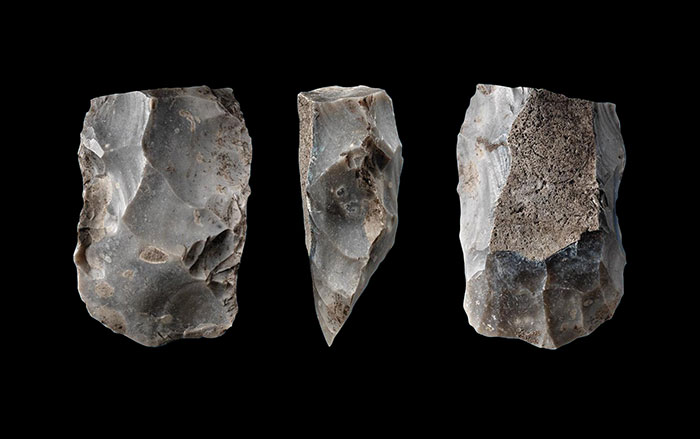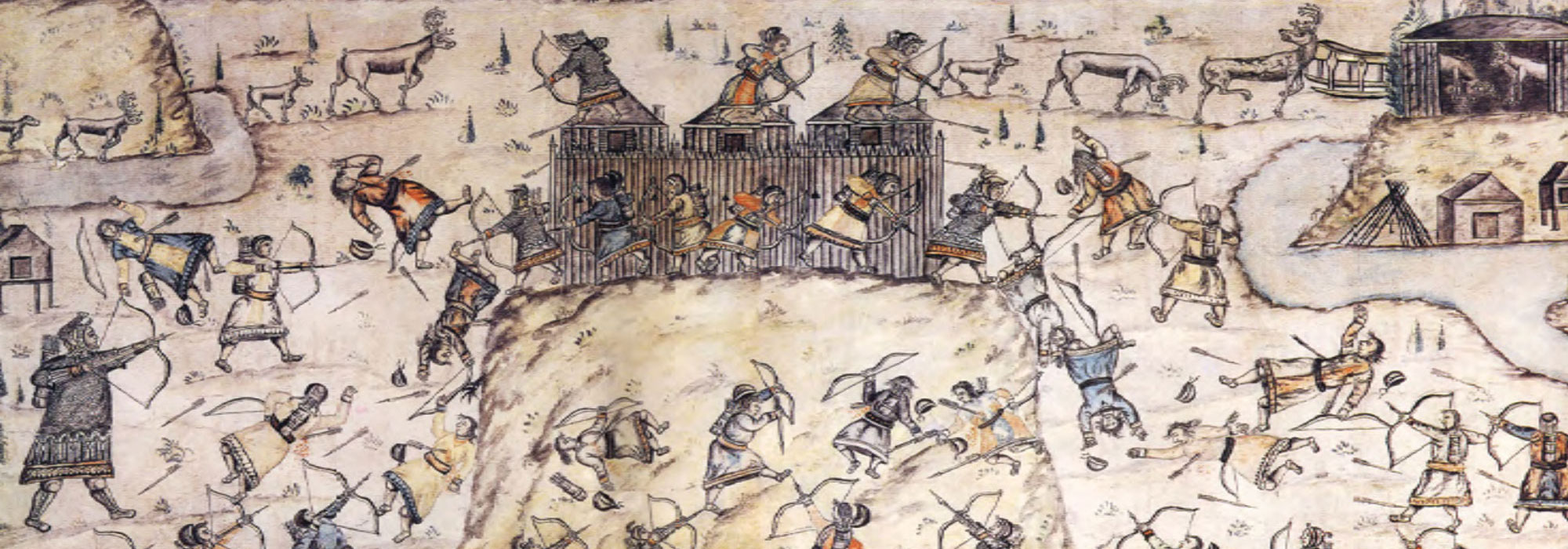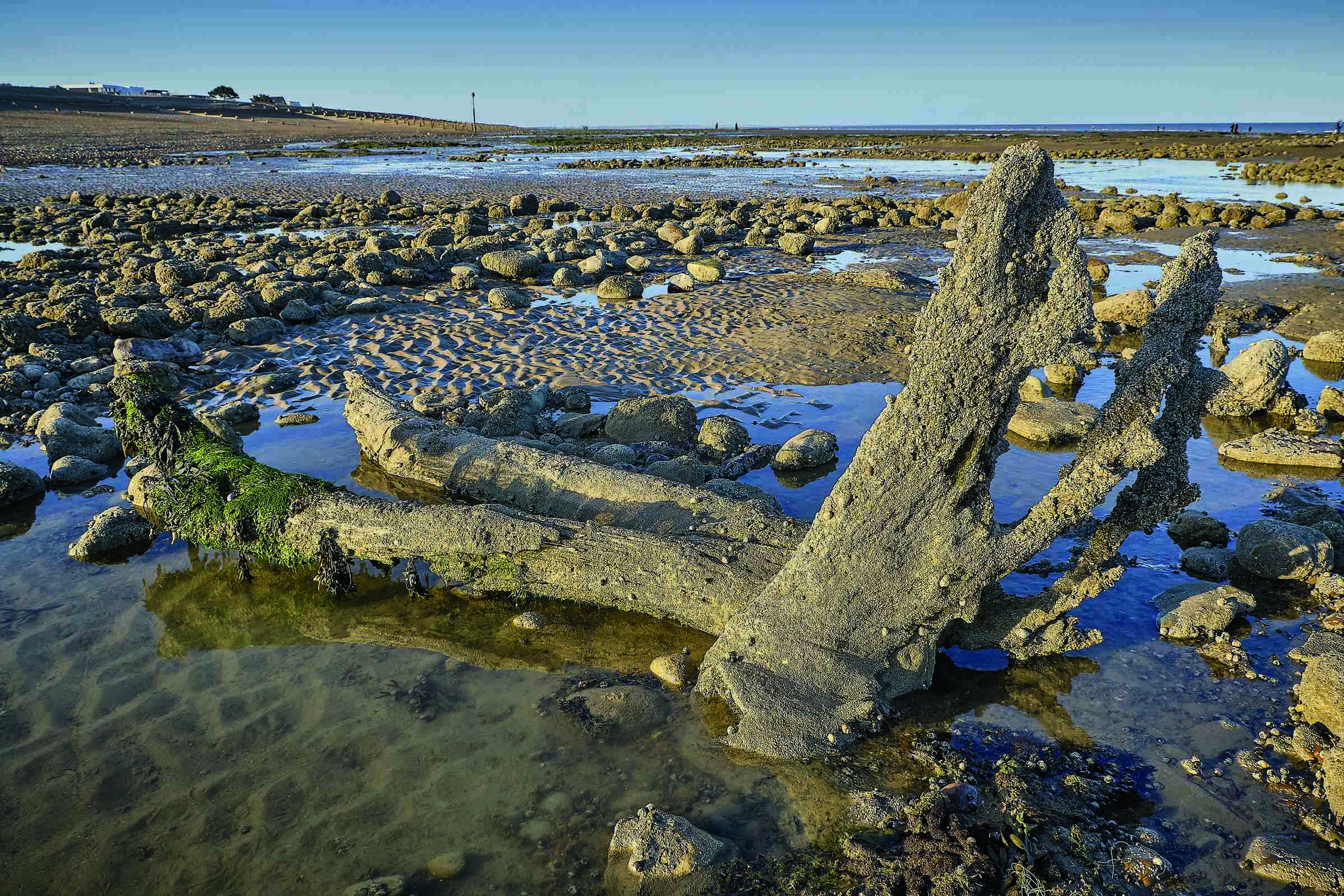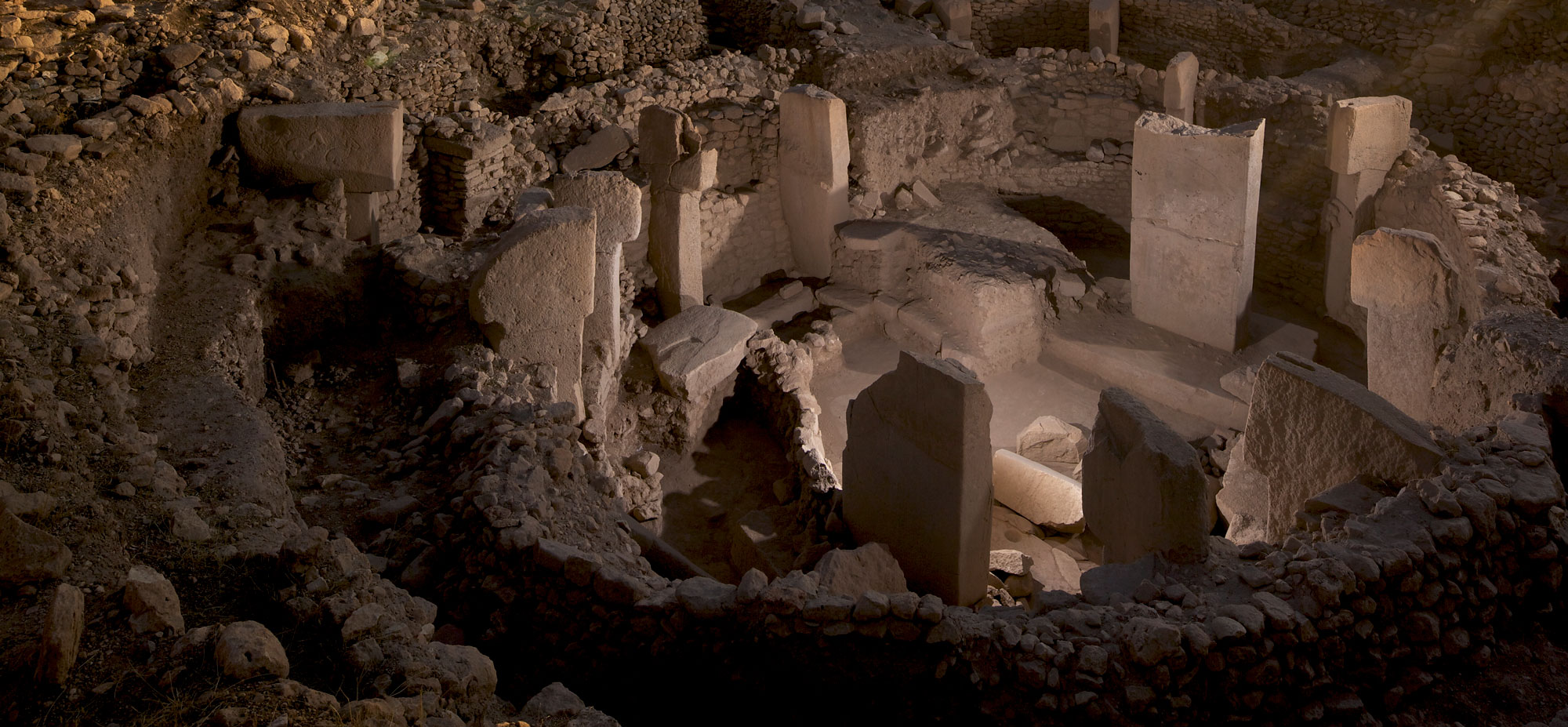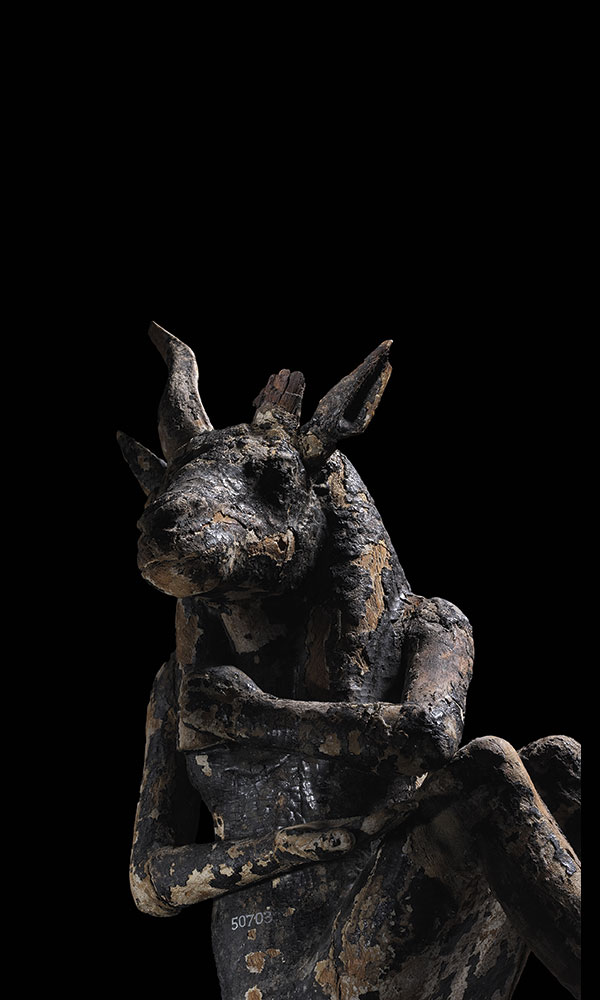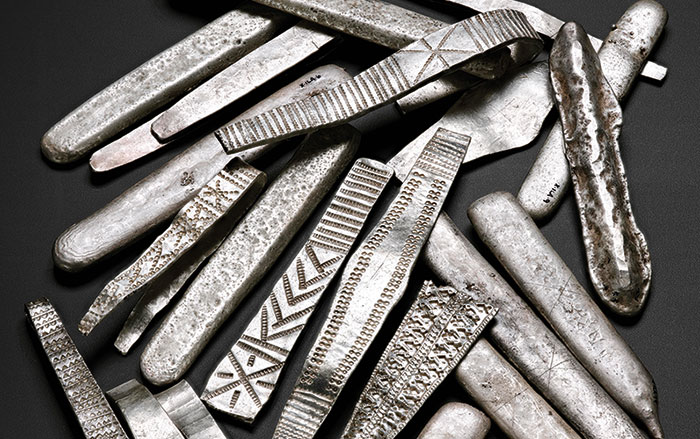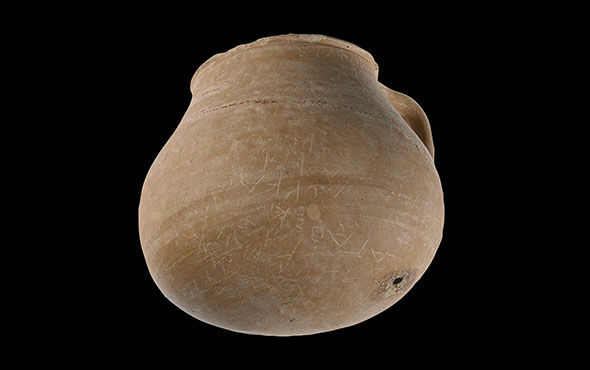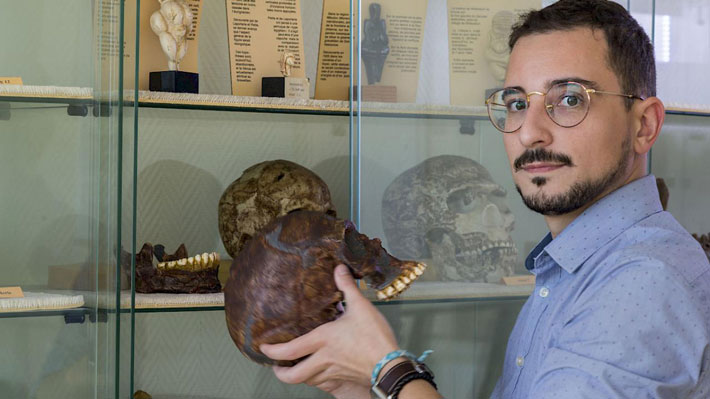
COIMBRA, PORTUGAL—The Portugal Resident reports that researchers from the University of Coimbra recently examined the 100,000-year-old fossilized skull of a modern human discovered in Morocco some 50 years ago with computer-assisted microtomography, and determined that the hunter-gatherer probably suffered from a chronic ear infection. As team member Dany Coutinho Nogueira and his colleagues evaluated the images of the skull, they noticed that the individual suffered from Labyrinthitis ossificans, a disease in which parts of the ear turn to bone. The ossification of this individual’s semicircular canals, which aid in maintaining balance, probably caused hearing loss, dizziness, and symptoms of vertigo that made it difficult to acquire food and hunt, Coutinho Nogueira explained. The individual would have required the care for the few months between the onset of the disease and death, he added. To read about recent reconstructions of hominin inner-ear anatomy, go to "Neanderthal Hearing."


